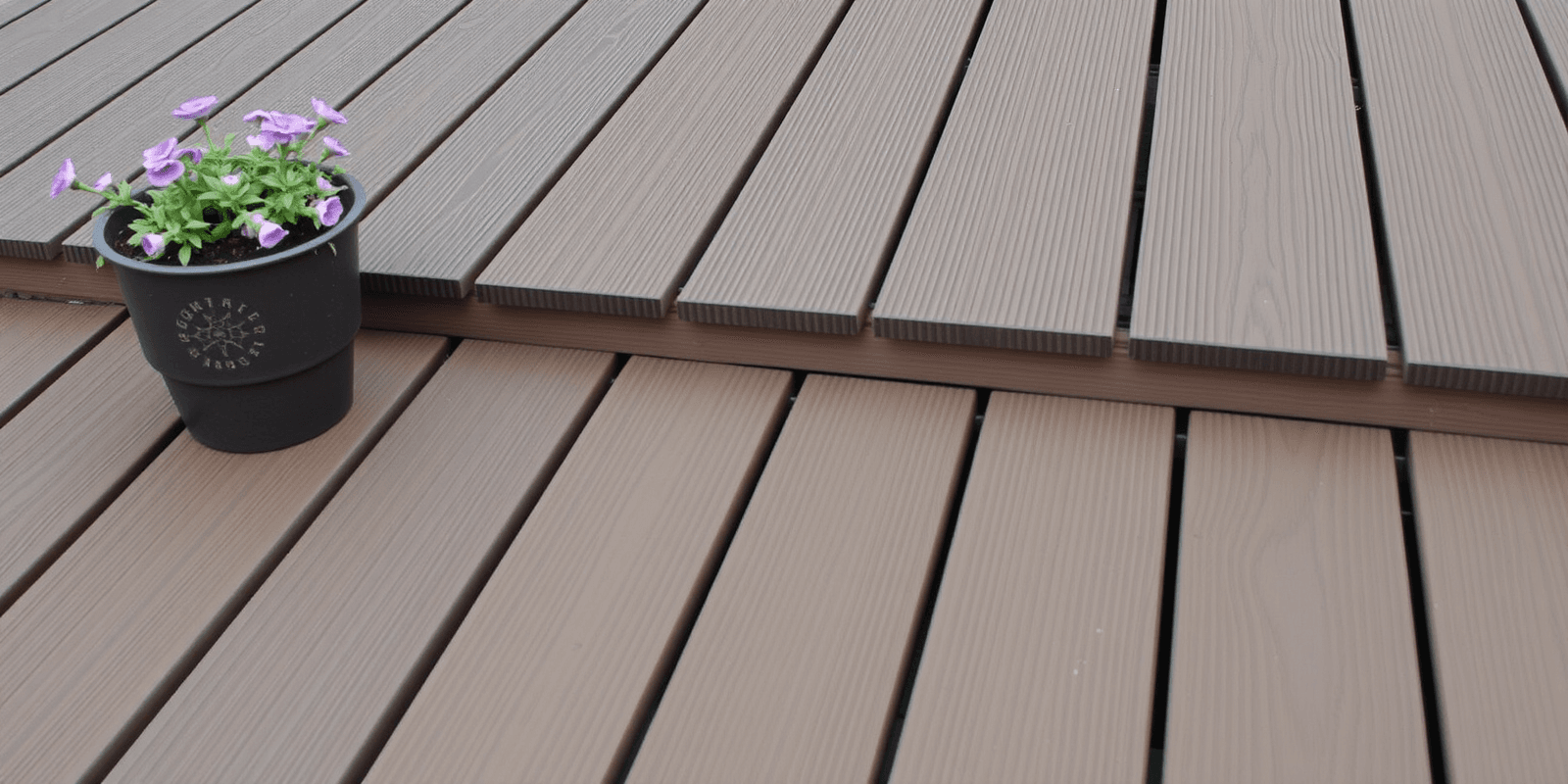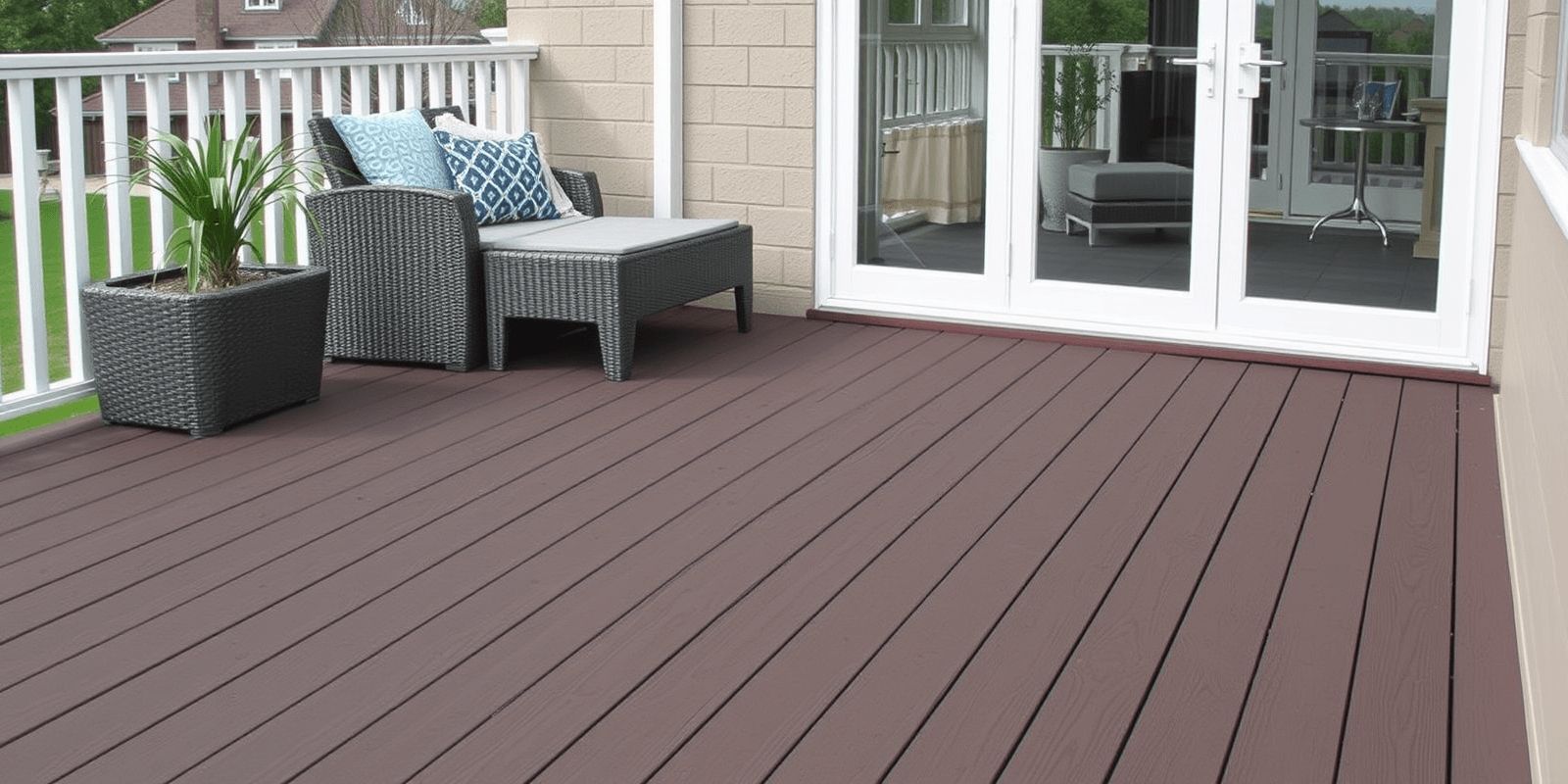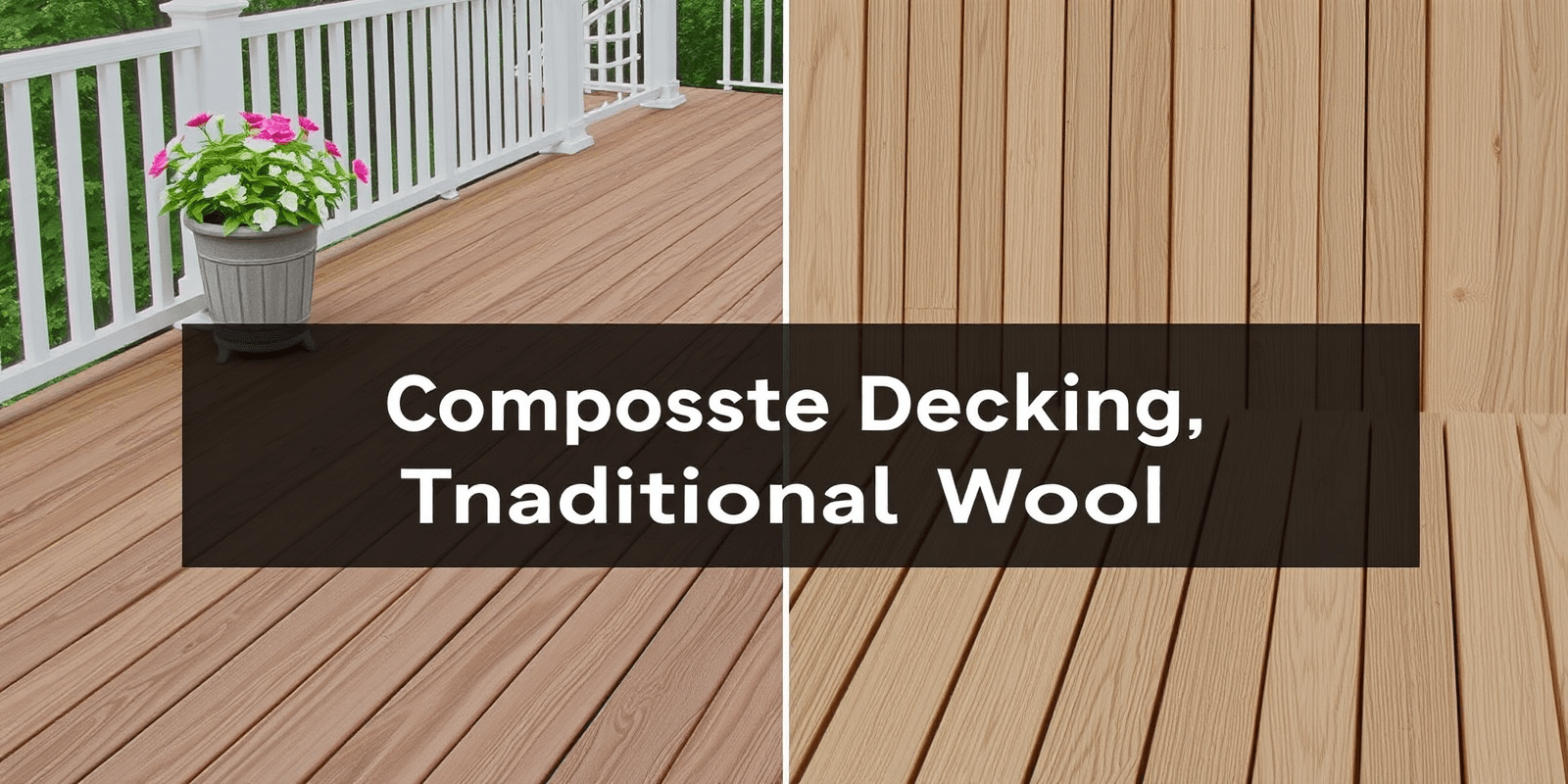The Rise of Composite Decking Boards: UK Manufacturer Insights
Introduction
In recent years, there has been a significant shift towards composite decking boards in the UK market. These innovative materials are increasingly replacing traditional wooden decks due to their durability, low maintenance requirements, and eco-friendly nature. This article explores the technological advancements behind composite decking boards and showcases real-world examples of successful installations and customer testimonials.
Technological Advancements in Composite Decking Boards
Composite decking boards are made from a combination of wood fibers and recycled plastic, providing a material that is both strong and resilient. The manufacturing process involves mixing these components under high pressure and temperature, resulting in a product that is resistant to moisture, rot, and insect damage. Unlike natural wood, composite decking boards do not require regular staining or sealing, making them a low-maintenance option for homeowners and businesses alike.
UK manufacturers have been at the forefront of developing advanced composite decking solutions. Companies like Trex and Millboard have pioneered technologies that enhance the aesthetic appeal and functional longevity of their products. For instance, Trex’s proprietary manufacturing process ensures that each board is UV-stable, preventing fading and warping over time. Similarly, Millboard’s use of a unique resin formula gives their composite boards a natural wood-like appearance while maintaining superior performance characteristics.
Superior Performance Compared to Natural Wood
One of the key advantages of composite decking boards is their resistance to weather-related damage. While natural wood decks can warp, crack, and splinter when exposed to moisture and sunlight, composite materials remain stable and intact. This makes them an ideal choice for coastal areas or regions with extreme weather conditions.
Moreover, composite decking boards are more environmentally friendly than traditional wood. They are made from recycled materials, reducing waste and conserving natural resources. Additionally, they do not require chemical treatments that can be harmful to the environment, further enhancing their eco-friendly credentials.
Real-World Examples and Customer Testimonials
Several UK homeowners and businesses have embraced composite decking as a superior alternative to natural wood. One such example is the installation of Trex composite decking at a luxury resort in Cornwall. The resort management reported increased guest satisfaction due to the durability and aesthetic appeal of the new deck. According to John Smith, the resort manager, “The Trex deck has been a game-changer for us. It looks great and requires minimal upkeep, which is perfect for our busy schedule.”
Another success story comes from a residential property in London, where Millboard composite decking was installed. Sarah Jones, the homeowner, shared her experience: “We chose Millboard because we wanted a deck that would last for years without needing constant attention. It’s been two years since the installation, and it still looks brand new. I couldn’t be happier with the decision.”
Conclusion
The rise of composite decking boards in the UK market is driven by their superior performance and environmental benefits. With ongoing technological advancements, these materials are poised to become even more popular among consumers seeking durable, low-maintenance outdoor living spaces. As more people discover the advantages of composite decking, it is likely that this trend will continue to grow, transforming the way we think about outdoor spaces.



